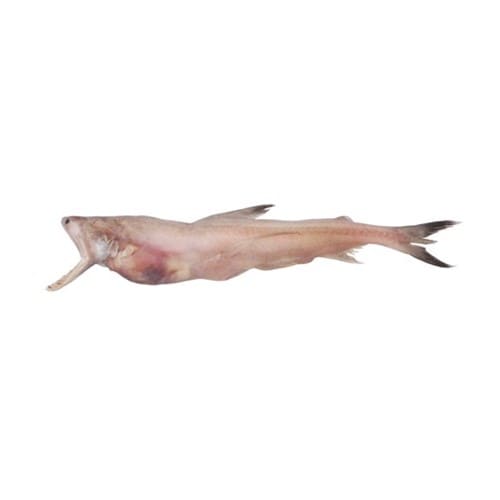

Bombay duck, or bombil as it is called locally, is one of Pakistan’s iconic and differentiating culinary experiences. This charmingly misnamed delicacy is actually a fish, whose pungent odor is part of that special love-it-or-hate it-factor.It got its name in the days of the British era, from being transported on an iconic train, the Bombay duck – bombil, duck is the Urdu word for mail. The term was then bastardized to duck.
Note: All our prices are based on the pre-cutting weight of the seafood. The net weight will be dependent on the type of cleaning you choose.
Introduction
Bombay duck, or bombil as it is called locally, is one of Pakistan’s iconic and differentiating culinary experiences. This charmingly misnamed delicacy is actually a fish, whose pungent odor is part of that special love-it-or-hate it-factor.
It got its name in the days of the British era, from being transported on an iconic train, the Bombay duck – bombil, duck is the Urdu word for mail. The term was then bastardized to duck.
Bombil is a highly seasonal fish and is usually available around the monsoon period. Unfortunately, the fish is rapidly disappearing from Pakistan’s coastal waters, driven away by a lethal combination of overfishing and climate change.
Flavor Profile
It has a strong, fishy, and excessively salty taste with a brittle, crumbly texture. Bombil is very tricky to cook and only experience cooks can achieve the best out of it.
Habitat
Bombay Duck is a Sea fish that lives in benthic regions of offshore waters, also in deltas of rivers to feed during monsoons.
Colour
Bombay Duck is a Sea fish that lives in benthic regions of offshore waters, also in deltas of rivers to feed during monsoons.
Cutting Preferrences
Bombay Duck is a highly delicate fish and is only preferred for whole and gutted cutting. Slices and boneless fillets are not recommended.
Approx. Cutting Wastage
Health Benefits